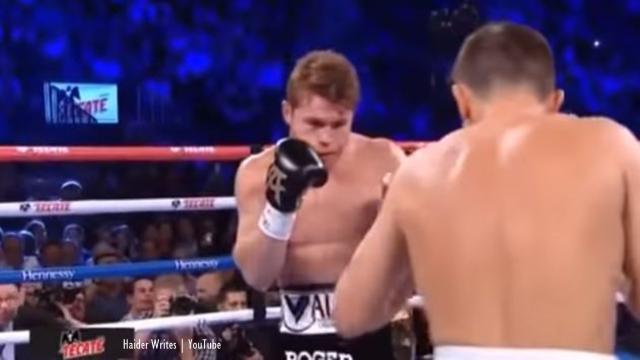The immediate build up to what is being described by many in boxing circles as the "fight of the century," an event that will be "remembered for the ages," Golovkin VS Alvarez mark II, has brought into focus some worrying and longstanding issues regarding the sports approach to anti-doping.
According to the BBC, "The T-Mobile Arena bout in Las Vegas in the early hours of Sunday morning in the UK - 364 days after their controversial draw at the same venue - gives Alvarez a first chance to perform following a drugs ban."
Boxing's deep-rooted drug problem
Banned for a mere six months after failing not one, but two drugs tests earlier this year, Saul 'Canelo' Alvarez returns to the ring with little damage to his sparkling reputation as one of the most successful middleweight boxers of all time.
In fact, given that so many of the sport's most famous names have been caught up in anti-doping violations at one time or another, you could be forgiven for questioning why boxing doesn't have a similarly tarnished reputation as sports such as cycling and athletics. They dominated headlines in recent years with regards to doping in sport.
Tyson Fury, Luis Ortiz, and Alexander Povetkin have all failed drugs tests in the last five years, all receiving lenient sanctions as a consequence, especially when compared to athletes in other sports.
This cavalier approach to the use of performance-enhancing drugs in a sport where significant emphasis is placed on the strength and power of its competitors seems rather counterintuitive.
Add to that the potential risk of serious harm and the long-term health implications already associated with boxing and you would expect the sport to do all it can to negate against the known risks of doping.
Boxing federations happy to turn a blind eye
It is not the prevalence of positive drugs tests in boxing which distinguishes it from other globally popular sports. Provided the financial rewards of sporting success continue to outweigh the likelihood of being caught doping, some individuals will always seek to gain an unfair advantage.
After all, athletes who are at the peak of physical conditioning and strength can punch harder for longer and are therefore more likely to produce entertaining bouts. It seems that the boxing federations, and indeed the fans watching in the arenas or at home, don't seem too bothered as to whether what happens in the ring is the product of hard work or hard drugs.



